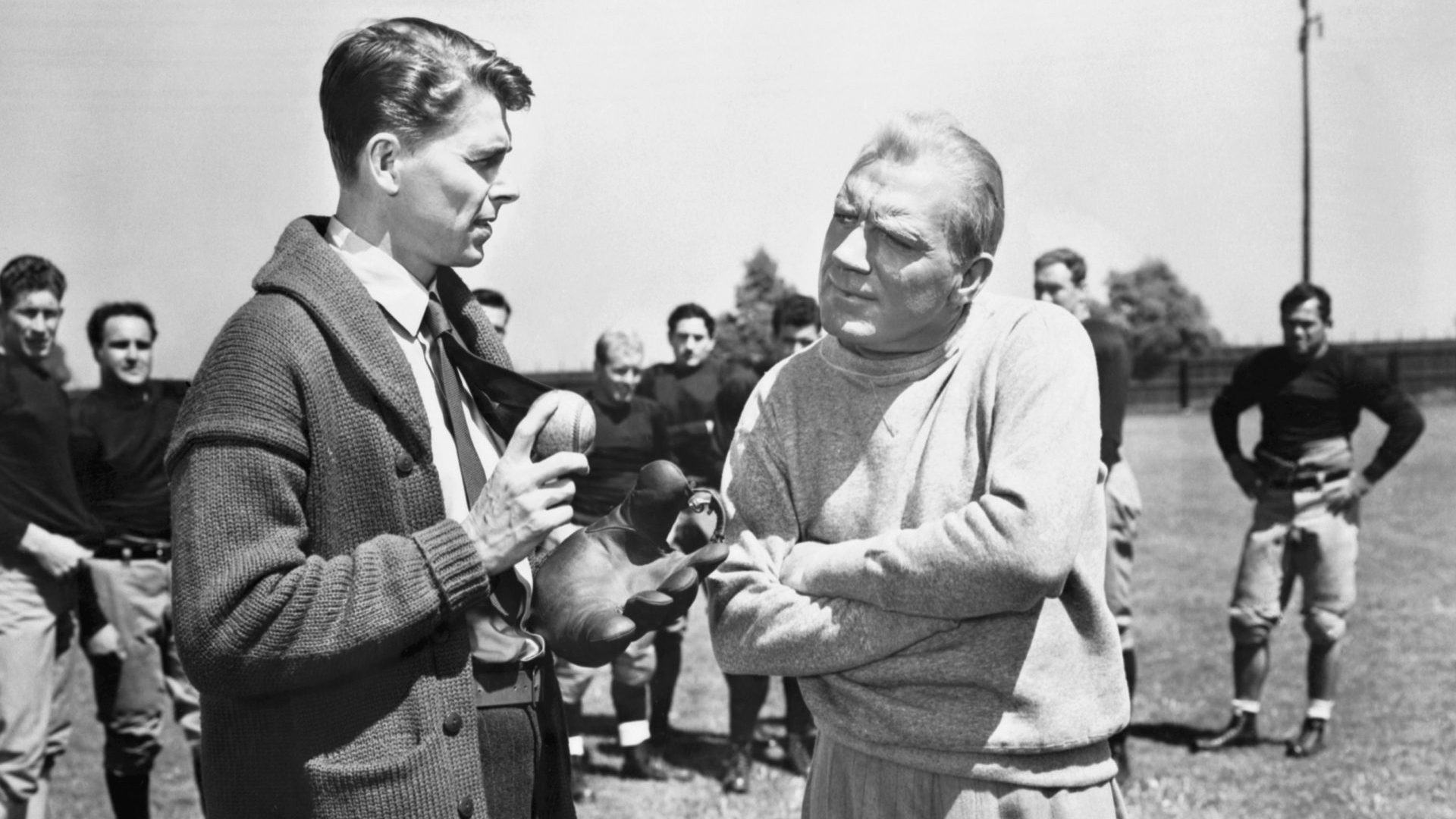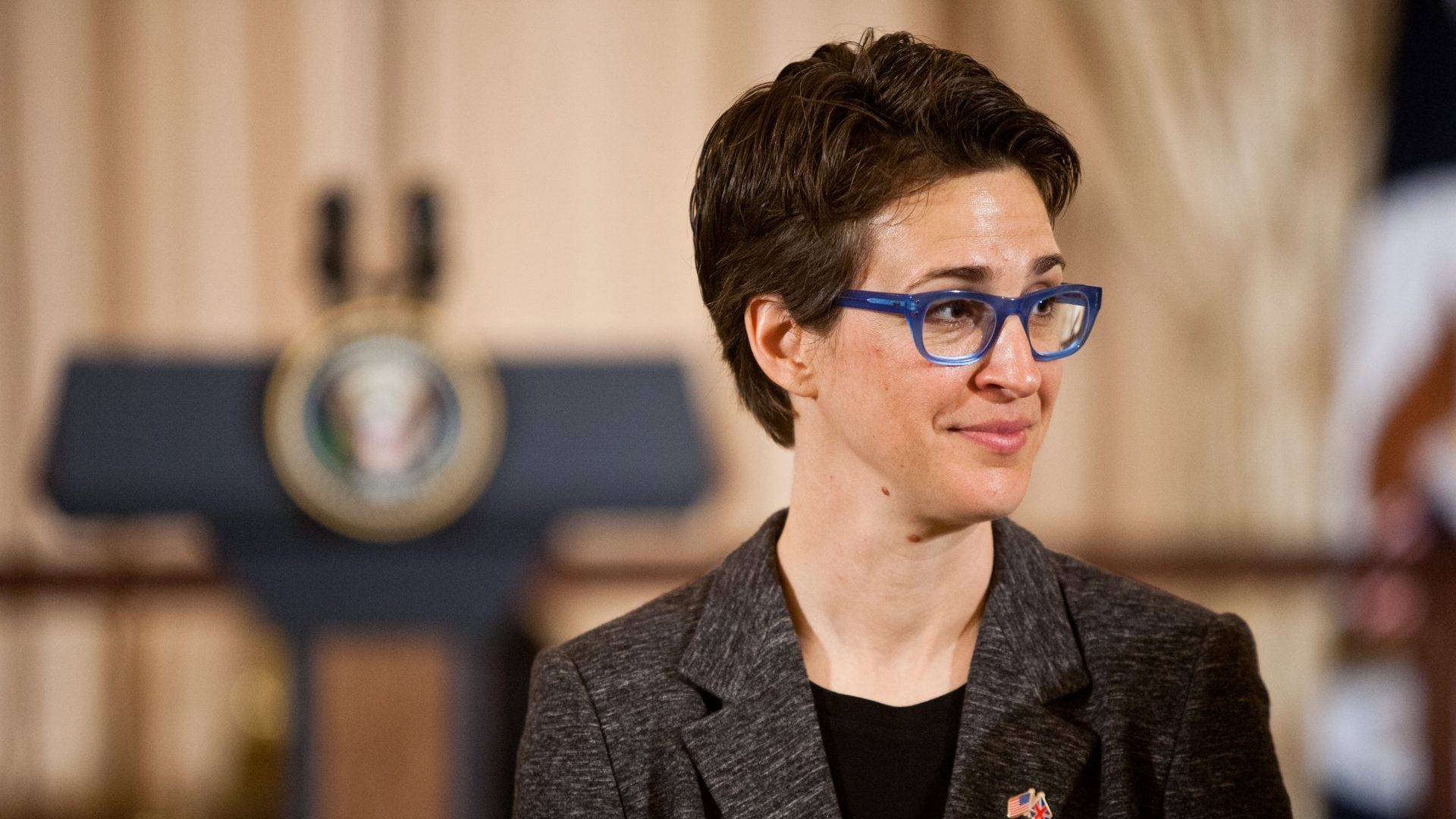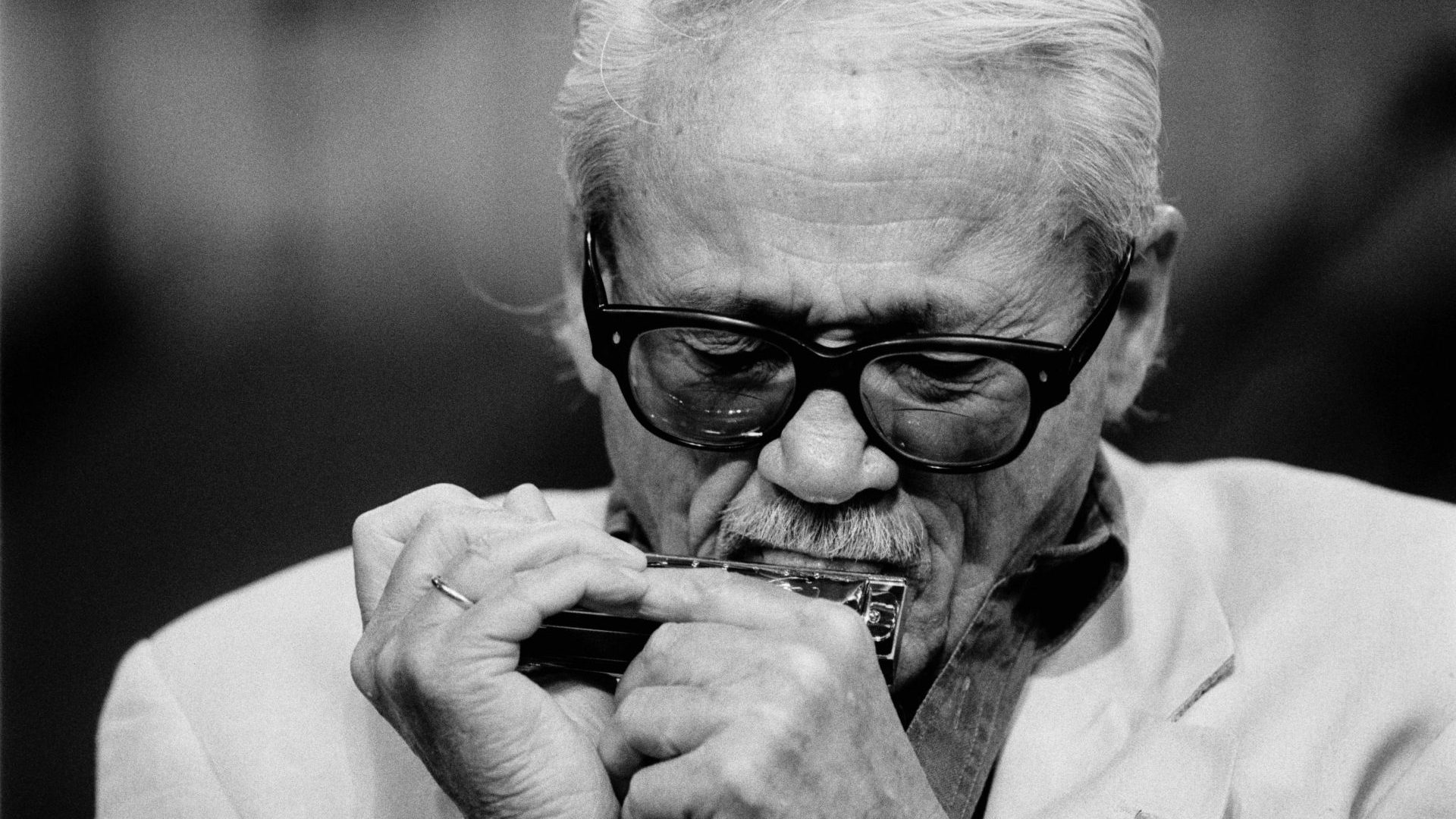The choice of Minnesota governor Tim Walz as the Democrats’ vice-presidential candidate helps to illustrate part of the ethos of the USA: that of the coach and that of the Midwest.
As a Midwesterner, it was difficult for me to understand its aura – until I moved east to New York City, and then I began to see it.
It is something about plain speaking; working hard at ordinary stuff; never forgetting where you came from, who you are. Midwestern states usually have the word “nice” as a kind of tag. They are comfortable. Real.
The Midwestern states – Illinois, Indiana, Iowa, Kansas, Michigan, Minnesota, Nebraska, North Dakota, Ohio and South Dakota – comprise a kind of epicentre, a fullness of the American dream.
Minnesota in particular holds a kind ethos of honesty and drive that can be seen even in the music of the late great Prince, Minneapolis born and raised.
The aura of a coach is more difficult to explain. It is a very different concept than that of manager, which is the term normally used in British and European sport.
Walz actually was a defensive coach at Mankato West High School in Minnesota. But when, at the first rally together, Kamala Harris called her running mate “Coach Walz”, she was entering into a kind of sacred US space. A space where Americans understand that they are in the hands of a person – usually a man – who is willing to sacrifice himself and his family to make the team a winner. Even immortal.
Tag the coach ethos to that of the Midwest, and few words have to be said.
The key vintage film about a coach and this power is Knute Rockne, All American (1940, Lloyd Bacon). It stars that Warner Brothers everyman Pat O’Brien as the legendary coach of an underdog football team, the Fighting Irish of Notre Dame University. They are based in what was considered then to be the working-class, factory-encased, smoke-stack city of South Bend Indiana.
The picture is a fictionalisation of the legendary Notre Dame v Army game of 1913. This was a match in which the officer cadets of West Point – the Sandhurst of the US – were expected to bury the plebs of grubby South Bend.
The Fighting Irish take them to the woodshed, as we say in the Midwest but, before this happens, the team is given new meaning to their lives by O’Brien’s “never give up, believe in yourself” coach.
This picture contains that much-disputed, even parodied, phrase, uttered by Ronald Reagan’s dying footballer, George Gipp: “Sometime when the team is up against it and the breaks are beating the boys, ask them to go out there with all they’ve got and win just one for the Gipper.”
I grew up knowing that phrase. Reagan used it in his presidential run. They made fun of it on TV and in the movies of the 1980s.
Warner Brothers knew back then how to turn out pictures like Knute Rockne and it did not hurt that the movie arrived in the early days of the second world war.
And around the bicentenary of the US, in the midst of a great recession and great exhaustion after the events of the 1960s and Watergate, a coach movie buoyed us up. Helped us to see the possibilities of deliverance and redemption,
Coach Knute Rockne gave his underdogs another image. The fictional coach Mickey Goldmill in Rocky helped the journeyman boxer believe that he could step into the ring with the greatest fighter of all.
Both pictures invoke that American belief in the invincibility rooted in everyday folks. Vice-president Harris chose her running mate well.
Last time’s quiz: Gene Tierney and Dana Andrews went on to star in that quintessential vintage film noir Laura (Otto Preminger, 1944).
This week’s quiz: The great Burgess Meredith, co-star of Rocky, directed and starred in a short film during the second world war that was very well-received in the UK. What was it?




